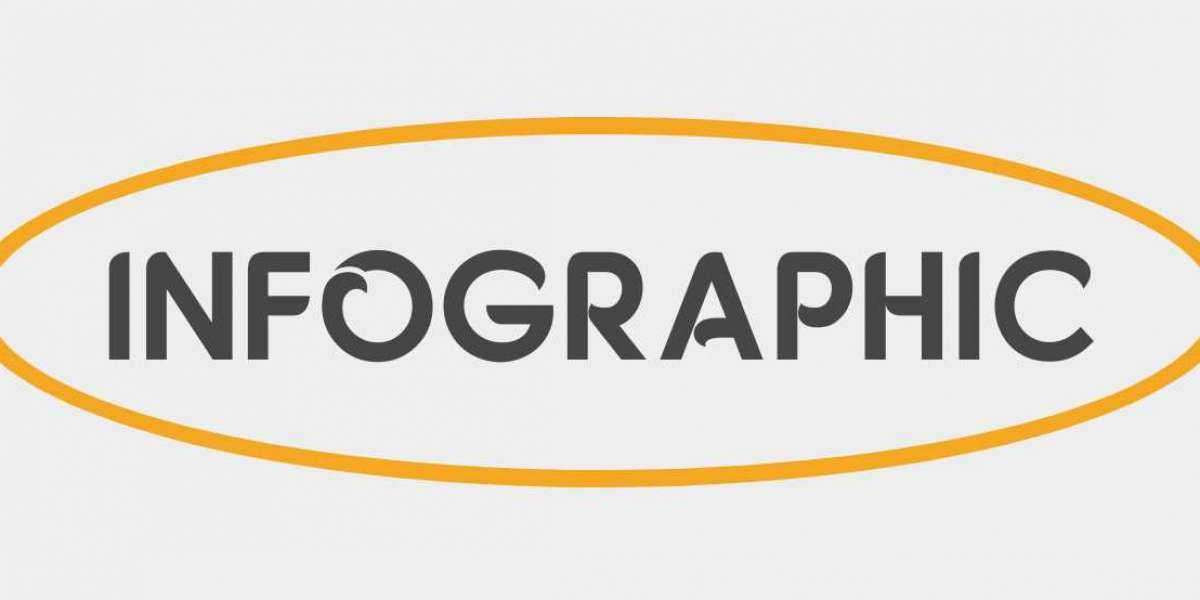ICD-10 Code E78.5 refers to hyperlipidemia, unspecified, a condition characterized by elevated levels of lipids (fats) in the blood, including cholesterol and triglycerides. Healthcare providers frequently use this diagnosis code E78.5 when documenting patient diagnoses related to abnormal lipid levels. However, billing and coding issues related to E78.5 often lead to claim denials, causing frustration for medical practices and impacting revenue cycles.
Understanding the common mistakes that lead to denial codes and how to avoid them is crucial for ensuring smooth billing operations. In this article, we will explore the reasons why ICD-10 Code E78.5 claims get denied and offer strategies to prevent these issues.
What is ICD-10 Code E78.5?
ICD-10 Code E78.5 is part of the ICD-10 classification system used to categorize diagnoses and procedures for billing, coding, and documentation purposes. This particular code refers to unspecified hyperlipidemia, meaning that the exact type of lipid abnormality is not defined in the medical records.
Conditions Covered Under E78.5
Hyperlipidemia, unspecified, can refer to various lipid abnormalities, including:
- High cholesterol: Elevated levels of low-density lipoprotein (LDL) or total cholesterol.
- High triglycerides: Increased levels of triglycerides in the blood.
- Mixed hyperlipidemia: A combination of elevated cholesterol and triglycerides.
Because it is unspecified, E78.5 should only be used when more specific diagnostic information is unavailable.
Common Reasons for E78.5 Denials
Claim denials related to ICD-10 Code E78.5 often result from several common mistakes in medical coding and documentation. The following are the most frequent issues that healthcare providers encounter:
1. Lack of Specificity in Diagnosis
One of the main reasons for denials is the lack of specificity in using E78.5. While this code refers to hyperlipidemia, it is unspecified, meaning the healthcare provider did not identify whether the abnormality is related to cholesterol, triglycerides, or both. Insurers prefer more specific codes, such as:
- E78.0: Pure hypercholesterolemia
- E78.1: Pure hyperglyceridemia
- E78.2: Mixed hyperlipidemia
2. Inadequate Documentation
Another common reason for denials is insufficient documentation. Medical records must clearly indicate the patient's condition, the relevant test results (such as blood lipid levels), and the treatment plan. If the documentation is incomplete or unclear, the insurer may deny the claim, citing that the diagnosis does not meet the medical necessity for billing.
3. Incorrect Use of Code E78.5 for Routine Screenings
Routine cholesterol screenings for preventive purposes often lead to denials when paired with E78.5. Hyperlipidemia is typically a condition diagnosed based on abnormal lab results rather than routine testing. When filing a claim for a routine cholesterol test, it’s essential to use preventive care codes, such as Z13.220 (encounter for screening for lipoid disorders), rather than E78.5.
4. Bundling or Unbundling Errors
In some cases, insurers may deny claims due to improper bundling or unbundling of services. For example, if a blood test and follow-up consultation for hyperlipidemia are submitted separately but should be bundled under a single claim, the insurer might reject the separate charges. Correct coding protocols should be followed to avoid these errors.
5. Failing to Meet Medical Necessity Criteria
Insurers often require that claims meet certain medical necessity criteria before approving payment. For hyperlipidemia, medical necessity is generally supported by abnormal lipid levels and a documented treatment plan (e.g., lifestyle changes, medications like statins). Failure to provide adequate documentation of these criteria can lead to denials.
How to Avoid Common Mistakes
Avoiding ICD-10 Code E78.5 denial codes requires attention to detail, proper documentation, and precise coding practices. Here are key strategies to help prevent claim rejections:
1. Use More Specific ICD-10 Codes
Whenever possible, use a more specific ICD-10 code to describe the patient's condition accurately. Instead of defaulting to E78.5, review the patient's lab results and determine if a more specific code is appropriate, such as:
- E78.0: Pure hypercholesterolemia
- E78.1: Pure hyperglyceridemia
- E78.2: Mixed hyperlipidemia
This approach not only improves the accuracy of the medical record but also reduces the likelihood of denials due to non-specific coding.
2. Ensure Complete and Clear Documentation
Thorough and accurate documentation is critical to avoiding denials. Medical records should clearly reflect:
- The patient's diagnosis and relevant medical history.
- The lipid levels from blood tests.
- The treatment plan, including lifestyle recommendations and medications prescribed.
- Any follow-up care required to manage hyperlipidemia.
By ensuring that all relevant information is clearly documented, healthcare providers can strengthen their claims and minimize the chances of denial.
3. Use Preventive Care Codes for Routine Screenings
When submitting claims for routine cholesterol screenings or preventive care visits, be sure to use the appropriate preventive codes. For example, Z13.220 is the correct code for cholesterol screenings. Pairing the correct code with routine tests will help avoid denials related to inappropriate diagnostic codes.
4. Follow Correct Bundling Practices
To avoid bundling or unbundling errors, ensure that services related to hyperlipidemia management are coded and billed correctly. Review the insurer’s guidelines on bundling services, and ensure that related services are grouped appropriately.
For example, a consultation and lab test for hyperlipidemia may be bundled under a single claim if they are part of the same visit.
5. Meet Medical Necessity Requirements
Before submitting a claim, verify that the diagnosis meets the insurer’s medical necessity criteria. This may involve providing specific documentation, such as:
- Results of blood tests indicating abnormal lipid levels.
- A documented plan of care, including dietary or pharmaceutical interventions.
Meeting these criteria strengthens the claim and reduces the chance of rejection.
Best Practices for ICD-10 Code E78.5
To streamline the claims process and avoid common mistakes, follow these best practices:
- Stay Updated on Coding Guidelines: The rules for coding and billing can change, so it’s important to stay informed about the latest ICD-10 updates and insurer requirements.
- Train Billing Staff Regularly: Ensure that your billing team is trained on the nuances of using codes like E78.5 and the importance of accurate documentation.
- Use Electronic Health Records (EHRs): EHR systems can help reduce coding errors by providing prompts and suggestions for the correct codes based on the patient’s documented condition.
- Regularly Review Denial Trends: Keep track of claim denials related to ICD-10 E78.5 and adjust coding practices accordingly.
Conclusion
Avoiding denial codes for ICD-10 Code E78.5 requires a combination of specific coding, clear documentation, and awareness of medical necessity requirements. By implementing these strategies and best practices, healthcare providers can reduce the risk of claim denials, ensuring timely and accurate reimbursement for services related to hyperlipidemia management.
In addition, partnering with a medical billing company can significantly enhance these efforts. A medical billing company specializes in navigating the complexities of medical billing and coding, ensuring that claims associated with diagnosis code E78.5 are submitted accurately and efficiently. This collaboration allows healthcare providers to focus on delivering quality patient care while minimizing administrative burdens related to billing issues.



